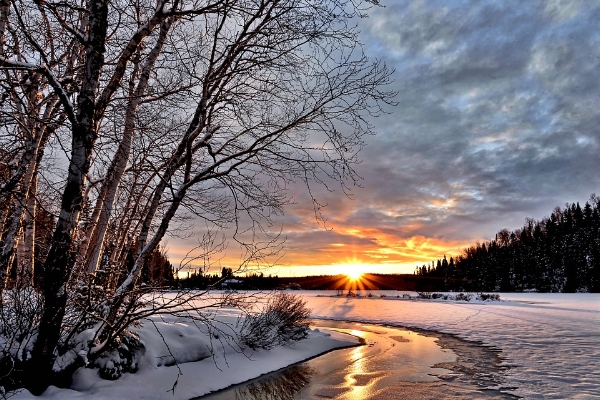“But they had no child, because Elizabeth was barren, and both were advanced in years.” - Luke 1:7
What a lifetime of sorrow there is in these verses. How long had it taken for Elizabeth and Zechariah's youthful innocence to fade, tarnished and battered by months and years of dashed hope?
Had they blamed each other? Had they blamed God? Was Elizabeth fearful, bracing herself for the day Zechariah would leave her to find someone who could give him a male heir?
What rituals and remedies did they try as they desperately grasped at slivers of hope?
How many stares and half-heard whispers reminded them of their shame? How many accusations pointed fingers at imagined sins that had closed her womb? How many prying meddlers poked at the oozing sore that was Elizabeth’s heart?
How many tears had Elizabeth cried? As she watched her sisters and cousins and friends have their children in succession? As she listened to their little voices, their playful laughter echo in her empty house? As she watched these children grow, these children have children of their own?
Had Elizabeth come, as Hannah had done, weeping before the Lord, praying for Him to remember her? Had she felt, as Rachel had, that she would die if she was not given a child?
Each month, she bled out the hope of a life within, watching dreams of a child seep from her body. She watched her body slowly wither with age, until it was finally dry, empty, barren, until all glimmers of hope that maybe someday something would change were gone.
And yet. And yet in this place of decades-long waiting, in this fragile place in Elizabeth and Zechariah’s heart where all hope had faded, the Lord would appear. He would appear, and He would give them a son.
Is it any wonder that Zechariah had a lot of questions to ask when the angel came to announce this to him? Is it any wonder he gawked at the possibility? After so many years, is it surprising he was skeptical?
Is it any wonder that Elizabeth hid herself for five months, treasuring the moment she’d longed for over a lifetime, hiding herself from further spectacle?
Someone this week said that grief and hope are two sides of the same coin. It is our lack—the grief, the longing, the unanswered questions—that provides ground for our hope to stand. Hope stands in this barren wilderness, and it defiantly and faith-fully sees a garden, rich, fruitful, alive. Hope stands in burned out ruins and refuses to accept that blackened shell as the end of the story. Hope inspires praise when our hands are still empty and our hearts still broken. Hope remains expectant, ready and waiting when the Lord makes His appearance.
And appear He will, though it may be in the most unexpected, impossible, and incomprehensible of places. In the womb of a barren woman. In the womb of a virgin.
